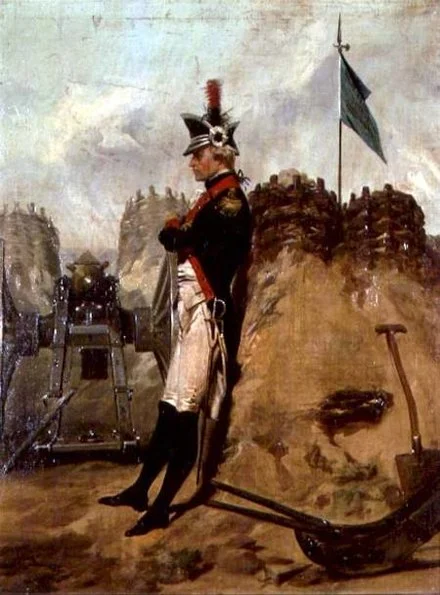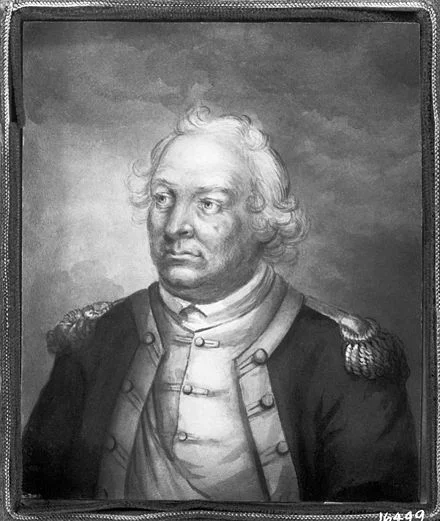Federalist #15 - Alexander Hamilton - Federalist Fridays
In Federalist #15 Alexander Hamilton discusses well known problems with the Articles of Confederation.
So far, this is the longest Federalist that was published, though it is a lot of detail which illustrates the same point. In the following article I’ve cut it down to the bare bones.
Federalist #15
Alexander Hamilton
December 1, 1787
The Insufficiency of the Present Confederation to Preserve the Union
Alexander Hamilton begins Federalist #15 with the assumption that the reader is familiar with his previous articles and has come to the realization that a Union, in some fashion, is necessary for the prosperity of the States.
Hamilton further provides that even the most ardent Anti-Federalist agrees that some form of Union is to be expected between the States. The discussion is really which type of association would be most beneficial.
Agreement
Hamilton begins his argument by listing off the many grievances which were well known to all Americans. These include unpaid foreign debts, poor public credit, being viewed as a third-world nation, limited access to the Mississippi River, and territories occupied by Great Britain (which should have been turned over after the Revolutionary War and continued being an embarrassment for the United States).
These issues, from Alexanders point of view, can only be remedied through the ratification of the Constitution. Speaking of the Anti-Federalists, he says:
“While they admit that the government of the United States is destitute of energy, they contend against conferring upon it those powers which are requisite to supply that energy.”
Translation: they see the problem but don’t like the solution.
The Problem
In Hamilton’s estimation, the most concerning issue with the Articles of Confederation is:
“…the principle of LEGISLATION for STATES or GOVERNMENTS, in their CORPORATE or COLLECTIVE CAPACITIES, and as contradistinguished from the INDIVIDUALS of which they consist.”
The emphasis in the quote above are Hamilton’s. He is saying, in essence, that laws made by the Congress of the Confederation were applied to the States. However, there was no direct demand on the people individually and, therefore, citizens could (and did) ignore these regulations.
The Other Option
Hamilton spends most of the remainder of this essay (his longest so far) reinforcing his point.
At one point, he makes an interesting concession. Alexander implies that, if the Constitution is not desirable, the States would be better off not having any United Government (AKA get rid of the Articles of Confederation).
The individual States running themselves with a simple treaty of alliance would be more beneficial to the people, though he believed this a foolish idea that no serious politician was promoting.
Anti-Federalist Argument
To be fair, Hamilton makes perhaps his most compelling argument thus far in Federalist #15 (in my opinion).
While there are several perspectives an Anti-Federalist of his time might take, I would think the best dispute would be to ‘try again.’ For instance, assuming Hamilton was right about the need for a strong National government, maybe another Convention should be called to do what was supposed to be done in Philadelphia the previous summer…’amend the Articles of Confederation.’
Maybe next time, don’t meet in secret.
If you would like to learn about other Federalists, check out these articles on Noah Webster and Rufus King.
This week I am again going to recommend ‘Triumvirate’ as it is the best book I know of to put you into the time of the creation of the Federalist Papers. Pick it up through the Amazon affiliate link below.
If you enjoy this site, make sure you subscribe to the email list for a new Founder every day.






